WICI was formed in November 2007 and participants include organizations representing businesses, analysts and investors, regulatory agencies and the academia./p>
The Promoting Parties of WICI are:
- European Federation of Financial Analysts Societies
- Japanese Ministry of Economy, Trade and Industry
- University of Ferrara
- Waseda University
- World Business Council for Sustainable Development
The Brazilian Development Bank participates in WICI as an Observer.

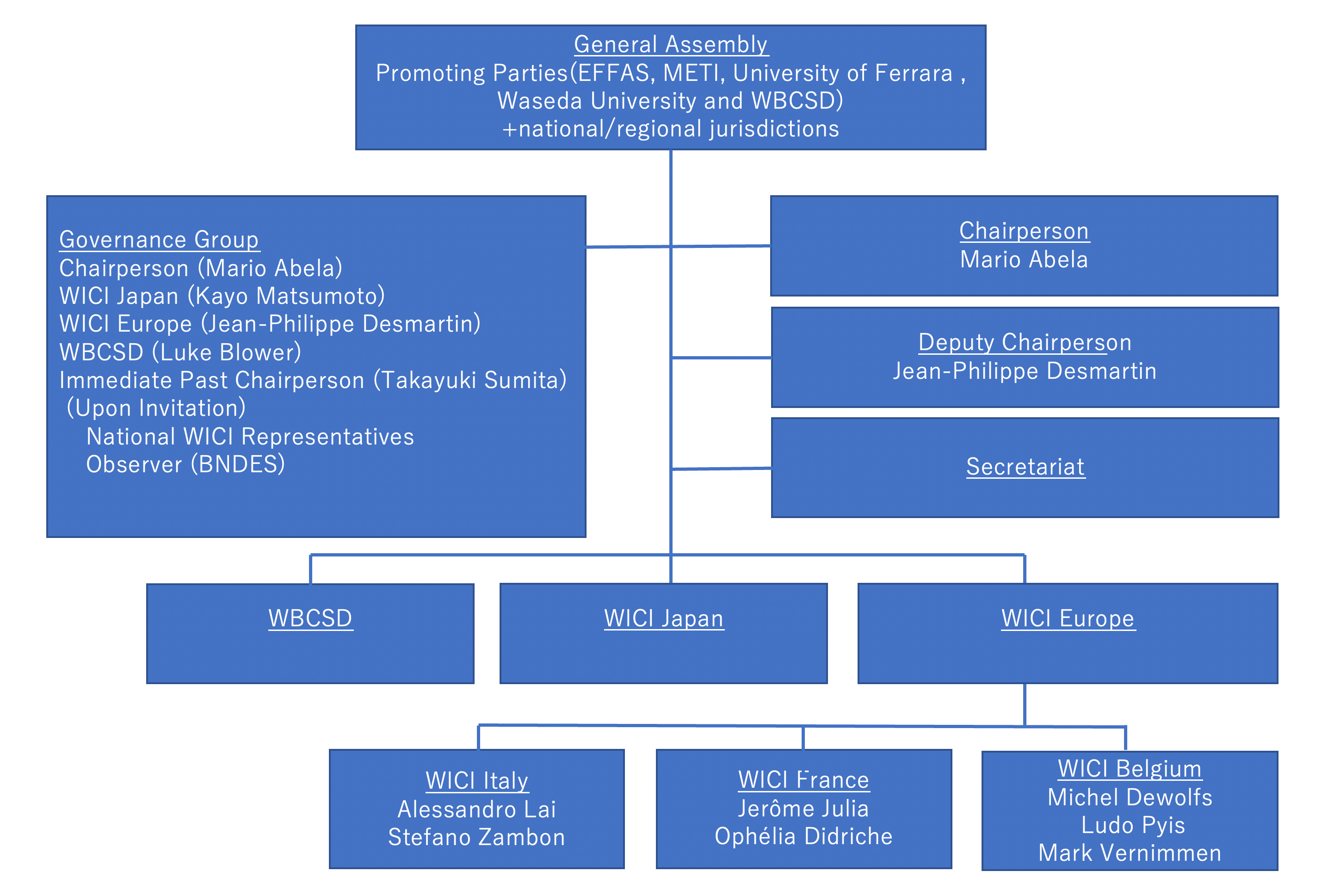

WICI is a private/public sector partnership for improving the reporting of intellectual assets and capital and key performance indicators that are of interest to shareholders and other stakeholders. Since wealth creation depends on the most efficient allocation of capital on a risk adjusted basis, the WICI collaboration is aimed at improving capital allocation through better information. Metrics which supplement traditional accounting measures will improve capital allocation decisions both within companies and between investors and companies. The result will be more wealth creation for a better world economy.
On October 16, 2008 WICI released its first version of a comprehensive information framework and XBRL taxonomy to help companies better communicate with their investors and other stakeholders about business strategy and performance. The work on the reporting framework and taxonomy was carried out through the WICI Framework Task Force.
The work in industry-specific key performance indicators is carried out by groups organized as Industry KPI Projects. In both cases, active engagement is solicited from companies, investors, analysts, accountants, stock exchanges, regulators, standard setters, international collaborative organizations, and NGOs.
WICI aims to ensure wide dissemination and active use of the voluntary WICI framework and the industry-specific key performance indicators on a global basis. This requires an active collaboration of the users of capital (companies), the suppliers of capital (investors and banks) and other relevant stakeholders.
WICI Governance Group
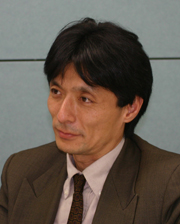 Takayuki Sumita
Takayuki Sumita
Secretary General, Intellectual Property Strategy Headquarters, Cabineto Office
TAKAYUKI SUMITA, born in 1962, graduated from Tokyo University and joined MITI (current METI) in 1985. He received a Master’s Degree from the Graduate School for Foreign Service, Georgetown University in 1993. After coming back to Japan, he engaged in various tasks including environment policy, energy policy, specific industry policy for software, IT, industrial safety, distribution and commerce, comprehensive economic policy on corporate tax, corporate disclosure, intellectual assets based management or IPR and FTA/EPA negotiation. METI dispatched him to Brussels between 2009 and 2013 with the function of deepening the tie between EU and Japan.
He also worked as the initial chairman of World Intellectual Capital/Assets Initiative (WICI) between 2009 and 2013, when he was heavily involved in the establishment of the framework of Integrated Reporting as a member of the Working Group at the IIRC, and has been working as the board member of the New Club of Paris since 2005, as one of the world leaders in the area of intellectual capital/ assets and innovation. In May 2018, he proposed the ‘Business Management Design Sheet’ which shows the total picture of the business management which envisage the past, the future and the transition strategy in one page.

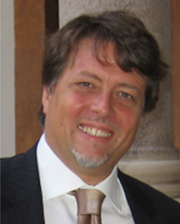
Stefano Zambon
Stefano Zambon (BSc, Business Economics, Venice; MSc & PhD in Accounting and Management Studies, London School of Economics) is Full Professor of Accounting and Business Economics at the University of Ferrara, Italy. Previously he taught at the Universities of Venice and Padua. A financial analyst with the Italian Association of Financial Analysts (AIAF) since 2010. Chartered accountant and State-registered auditor since, respectively, 1986 and 1995.
Visiting appointments in universities of four continents, including Waseda School of Management (Tokyo), Stern Business School (New York University), Christchurch (New Zealand), London Business School, HEC, CNAM and ESCP in Paris, Metz, Reading (UK), Melbourne, and Passau (Germany). He has more than 110 publications in books and international scientific journals in the areas of management and reporting of intangibles, international financial reporting, accounting theory and history, integrated reporting. Member of various editorial boards of international journals, as well as of the Board of the European Accounting Association from 1997 to 2003. Since 2005, he is the coordinator of the series of the academic European (EIASM) Conferences on “Intangibles and Intellectual Capital”. Since 2005, member of the EIASM professorial Faculty in Brussels.
Invited keynote speaker at OECD, United Nations, European Parliament, European Commission, and French, Chinese and Japanese Governments’ events on intangibles management and reporting. From April 2014 to 2018, President of the official Expert Group on Intangibles set up by the French Government (Ministry of Economy and Finance). In 2002-03, Coordinator of the Study for the European Commission (DG Enterprise) on “The Measurement of Intangible Assets and the Associated Reporting Practices”. Over the years, member of various EC Expert Groups on intangibles, intellectual capital and intellectual property. From February 2019, he has been assigned by EFRAG (European Financial Reporting Advisory Group) the task of carrying out an official academic literature review on intangibles. A founding member of the International Network “World Intellectual Capital/Assets Initiative” – WICI, of which he is the Global Chair since July 2015. From 2012 to 2018, Secretary General of the Italian Network for Business Reporting (NIBR/WICI Italy). From July 2015, he is the only Italian council member of the International Integrated Reporting Council (IIRC). Member of the EFFAS (European Financial Analysts) General Assembly and the EFFAS “ESG” Commission. Member of the Research Panel of ICAS (Institute of Chartered Accountants of Scotland). Member of both the “National Accounting Standards Group” and of the “International Accounting Standards Group” of the Italian Accounting Standard Setter (Organismo Italiano di Contabilità - OIC). In 2016-17, official Italian Government’s candidate to the Board of the International Accounting Standards Board (IASB).


Jérôme Julia
Jérôme Julia is a Senior Partner in Kea & Partners, a firm specializing in business transformation, which he joined in 2004 after six years at PricewaterhouseCoopers. He leads Kea's strategy practice around topics of differentiation, governance, and corporate personality.
Armed with almost 25 years of corporate and consulting experience, degree from HEC and the Sorbonne (law degree). He developed methods and tools for another way of measuring value creation and sharing.
Chairman of the French Intangible Observatory since 2014.
Created in 2007 with the help of the French Ministry for Finance, the French Intangible Observatory has the mission to define and develop methodologies aiming at identifying, measuring and managing the hidden strengths of human organizations, mainly private companies.
Jérôme is also teaching at the HEC, ESSEC and Toulouse Business Schools. He is an active member since many years in the European Human Resources Director’s Circle, created and lead by Yves Barou. Moreover, he contributes regularly to conferences and debates, in France and in Europe. He has published several articles and books, such as "Intangible Assets, the new growth model" (Cherche Midi, 2011).

Ophelia Didriche
Ophelia Didriche is the co-founder and Chief Executive Director in a medical device company that invented a new varicose vein surgery technique protected by 3 patents.
She is in charge of the implementation of the company's strategy in all its activities, including sales, production, resource management, and industrialization of medical devices worldwide.
Prior to that, she spent 18 years in project management at Expedia Inc. and strategy consulting. Graduated from the Executive MBA of HEC.
She is since 2019, the Executive Officer of the French Intangible Observatory, where she ensures the strategic and operational development of the observatory.
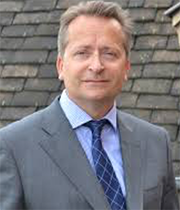
Jean-Philippe Desmartin
Jean-Philippe Desmartin joined Edmond de Rothschild Asset Management in September 2016 to take charge of the Responsible Investment team. He is a graduate of the University of Paris II (Law and Business Management) and IEP Paris (Finance and Economics). He began his career in 1993 in the financial engineering department of Crédit du Nord. From 1997 to 1999, he was in charge of missions within the Alpha group before joining the extra-financial agency ARESE (now Vigeo Eiris) as development manager. In 2003, he was appointed Director at Innovest (now a member of MSCI) and in 2004 he founded his own consulting firm, Desmartin Conseil. From 2005, he became responsible for ESG research (Environment, Social and Governance) at Oddo Securities. Member of several working groups and international committees that seek to promote the ESG and intangible (European Federation of Financial Societies - EFFAS, the International Corporate Governance Network - ICGN Principles for Responsible Investment - PRI, Jean-Philippe Desmartin also chairs the Research commission at the French Forum on Social Investment (French SIF) and co-founded the European Academic Awards FIR - PRI in 2004. He co-authored three books on responsible investing: Socially Responsible Investment (2005). ), ISR and Finance Responsable (2014) and The Routledge Handbook of Responsible Investment (2015), whose practice was the subject of a business case (formal business case) formalized by Harvard Business School (HBS) in 2011 In 2015, his work was recognized as innovative by an international jury of academics and institutional investors from Investment Innovation Benchmar k (IIB) He has been chairing WICI Europe since 2015 and joined the French Observatory of Intangibles (OI) office at the end of 2015 as part of the partnership between OI and WICI France.


Michel Dewolfs
Michel had joined Areopa Group International in 2004 and has specialized in Intellectual Capital Management & Accounting, before becoming the Co-CEO and International Business Develpment.
Michel has 18 years of experience in banking institutions, such as Gemeentekrediet & ABN-AMRO.
Michel has had assignments in several companies such as DHL, Belgian Post – Certipost , BNP Parisbas, Belfius Insurance and M-Team , where the common thread of these assignments were KPIs, Digitization – e-sign, Quality, Problem Solving & Customer Service.
Michel is the founding member of WICI Belgium.
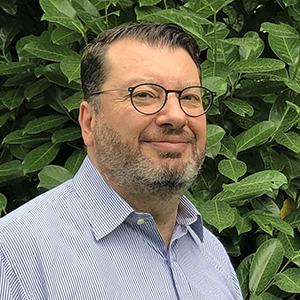
Mario Abela
Mario Abela is a Director, Redefining Value where he leads projects aimed at transforming performance management, governance and assurance to make sustainability an integral part of mainstream business and investor decision-making.
Mario is a CPA and Chartered Management Accountant. Mario's expertise is in corporate reporting and he has held senior management positions in both the private and public sectors in Australia, Belgium, the United Kingdom and the US. He has extensive regulatory and standard setting experience.
Mario is a visiting professor at IESEG School of Management in Paris where he teaches in the Masters in Accounting, Audit and Control programme. He is also an expert advisor to the United Nations Conference on Trade and Development on corporate reporting. Mario has currently completed a PhD on corporate reporting and business models at Queen Mary, University of London.
Observer
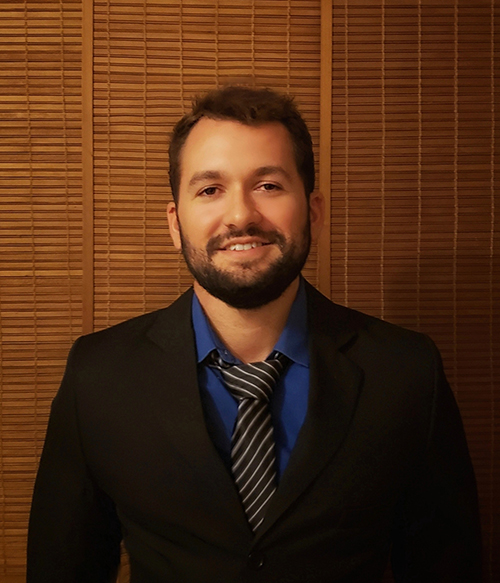
Vinicius Ribeiro Cordeiro
With a Master's degree in Production Engineering from Universidade Federal Fluminense (UFF) in Rio de Janeiro, Brazil, Vinicius has experience in the areas of Strategic Planning, Innovation, Entrepreneurship and Intellectual Capital. He also completed the specialization courses "Entrepreneurship and Innovation" at Universidade Federal Fluminense (2011) and "Business Management" at King George International Business College in Vancouver, Canada (2011).
Professor at Universidade Federal do Rio de Janeiro (UFRJ), teaching Strategic Planning, Marketing, Intellectual Capital and Innovation to undergraduate students.
Vinicius works as an engineer at the Brazilian Development Bank (BNDES), in the Strategic Planning Area. His experience in BNDES involves working with a methodology for evaluating enterprises in terms of intangibles, called MAE (Metodologia de Avaliação de Empresas), which enabled the qualitative evaluation of companies in BNDES’ portfolio, based on a collegial analysis process, considering aspects such as innovation, socio-environmental responsibility and practices, corporate governance, human resources, among others. Vinicius is also in charge of leading different projects regarding the evaluation of intangibles and intellectual capital concerning BNDES's clients. He participates in WICI by contributing to global discussions, by sharing material and experiences and by taking part in task forces related to reinforcing the concepts and importance of intangibles throughout the world.










